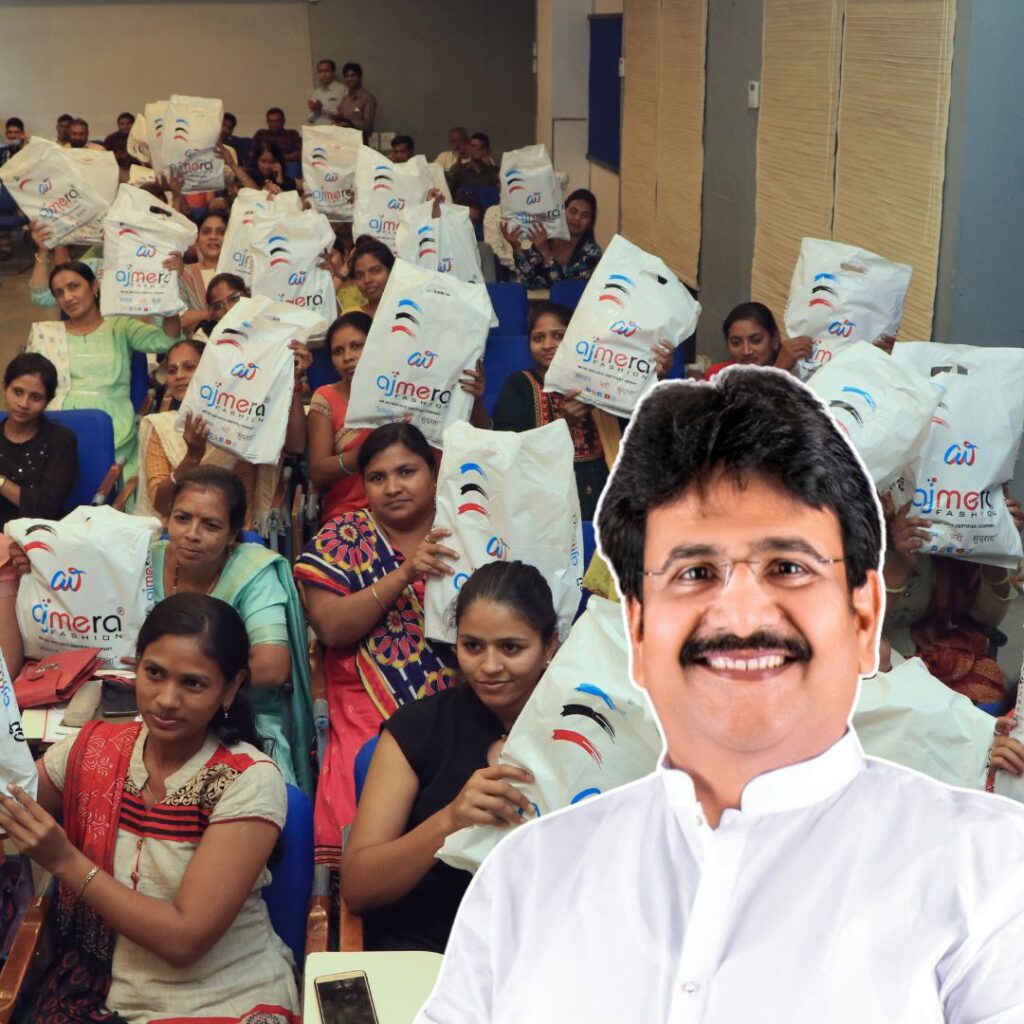A recent nationwide probe by the Food Safety and Standards Authority of India (FSSAI) has exposed widespread adulteration in paneer, a staple protein for millions. Tests conducted in 2025, showed that 83% of sampled paneer sold in India fails to meet safety and quality benchmarks, with roughly 40% considered outright hazardous because of adulteration with palm oil, detergents, urea, and synthetic chemicals.
In a significant recent action, the Noida Food Safety Department seized and destroyed 550 kg of adulterated paneer ahead of the festive season. The FSSAI officially flagged paneer as the most adulterated food item in the country on social media, urging consumers to stay vigilant.
This major revelation has sparked public health alarms, leading FSSAI and state authorities to destroy tonnes of contaminated stocks and launch legal proceedings against wrongdoers. Officials have urged consumers to check for quality certifications, as raids and prosecutions intensify nationwide.
Crackdown Uncovers Large-Scale Food Fraud
In recent months, food safety officials have seized significant amounts of fake paneer during raids in cities such as Chandigarh, Delhi, Mumbai, Gorakhpur, and Lucknow. Uttar Pradesh’s Food Safety Department alone reported destroying nearly 5,000 kg of substandard paneer laced with hazardous chemicals just ahead of the festive season in 2025. Chandigarh authorities discovered seized samples containing harmful palm oil, detergents, and even saccharin, all added to artificially mimic the taste and feel of real paneer.
Multiple states have documented similar cases, with Karnataka food inspectors revealing that only 4 out of 163 paneer samples were safe for consumption during surprise quality checks. This paints a dire picture, especially at a time when the demand for dairy spikes during festivals, making the public even more vulnerable to unscrupulous vendors.
Deeper Worries: Health Risks and Lack of Oversight
Experts warn that adulterated paneer is not a minor safety issue; it’s a ticking health time bomb. Toxic additives like urea, industrial detergents, formalin, and synthetic fats found in samples across India can cause kidney damage, digestive distress, and, with prolonged intake, even cancer.
The swelling numbers of food poisoning reports and hospitalisations linked to contaminated dairy highlight the urgency of stricter regulatory and supply chain reforms. Widespread confusion persists over “analogue” paneer, fake dairy products mimicking genuine paneer’s texture but made from non-dairy ingredients and binders.
Enforcement gaps, the fragmented dairy market and poor ground-level testing have enabled the issue, though FSSAI’s current measures, including jail time for offenders, signal progress.
Restoring Trust: What Comes Next?
The FSSAI’s sweeping campaign reflects a growing realisation that short-term gains from adulteration threaten long-term public health and the nation’s food security. Recent measures include stepped-up market surveillance, increased random checks, public awareness campaigns, and stiffer penalties for food fraud.
Experts insist that sustainable progress needs coordinated efforts between government, industry and vigilant consumers. Transparency, accountability and ethical practices must become the new standard in India’s dairy sector.
The Logical Indian’s Perspective
This crisis exposes flaws in India’s food regulatory system and an ethical void that allows harmful shortcuts to persist. The Logical Indian urges unity, conscious citizens, honest vendors, and active authorities must collaborate for everyone’s right to safe, wholesome food.
#Noida में खाद्य सुरक्षा विभाग द्वारा डेयरी इकाइयों पर कार्रवाई की गई है। एक गाड़ी से लगभग 550 किलोग्राम पनीर बरामद किया गया।पनीर को मिलावटी और उपभोग हेतु अनुपयुक्त पाया गया , जिसके बाद इसे नष्ट करा दिया गया। इस दौरान पनीर के नमूने जांच के लिए प्रयोगशाला भेजे गए #FSSAIAction pic.twitter.com/dvBvHKLFoM
— FSSAI (@fssaiindia) October 12, 2025











